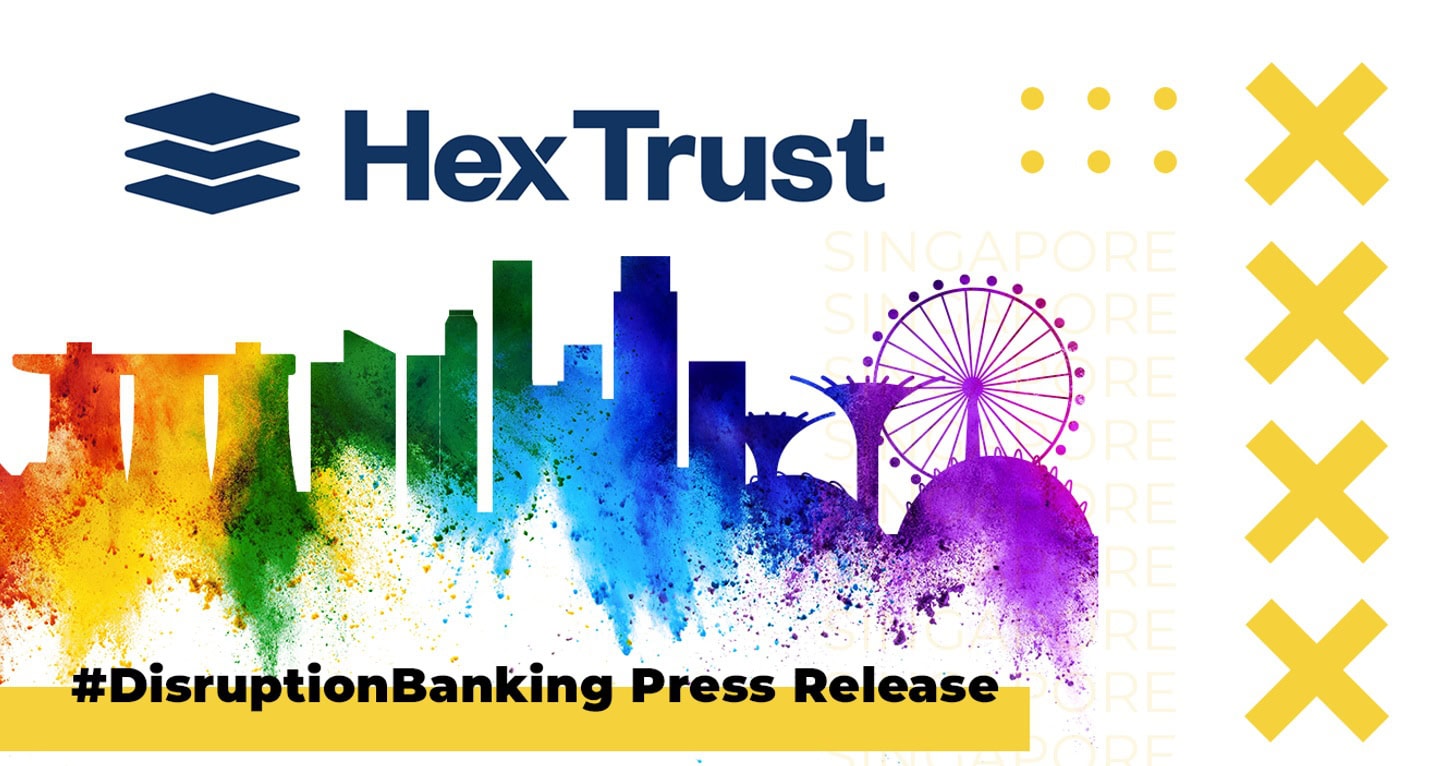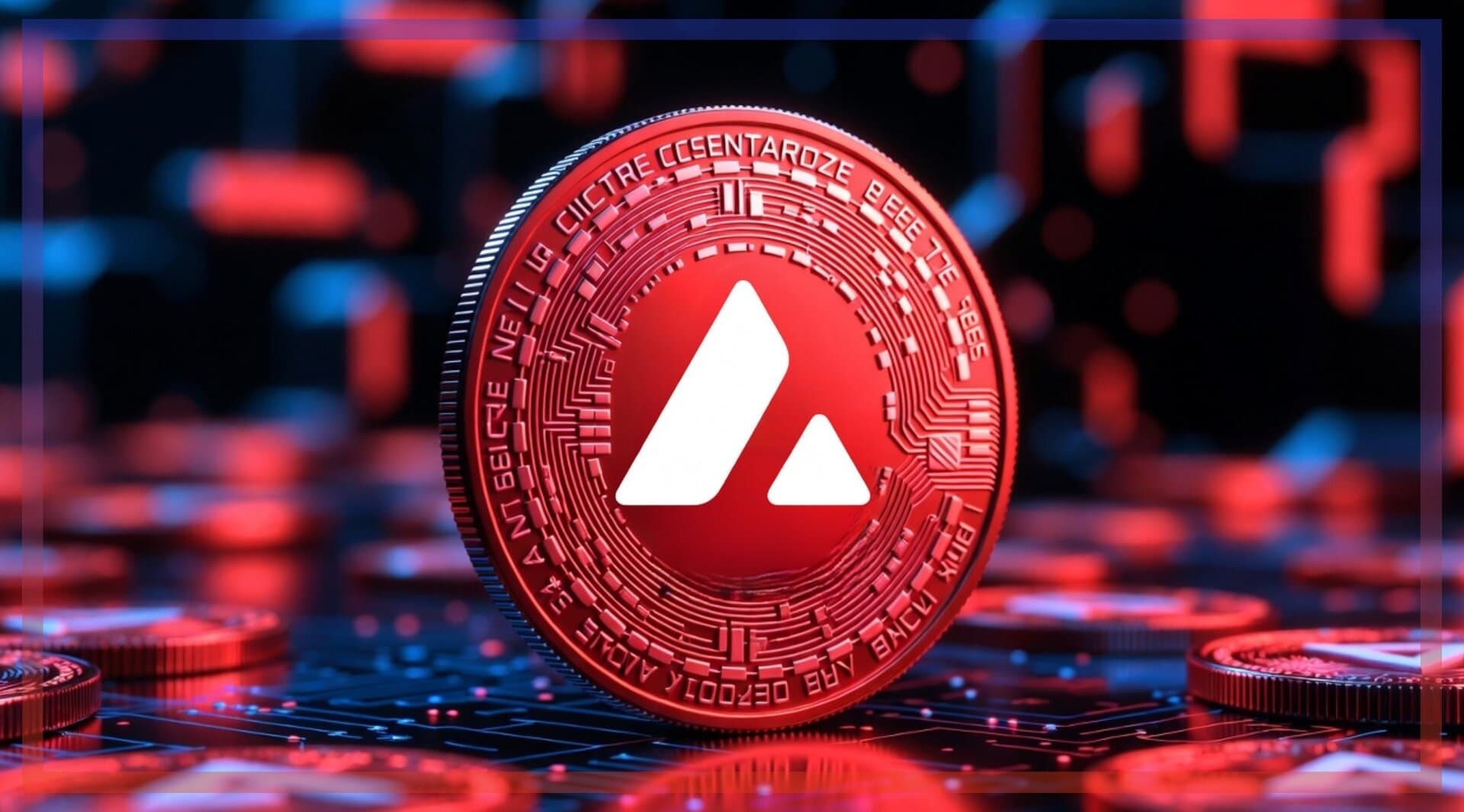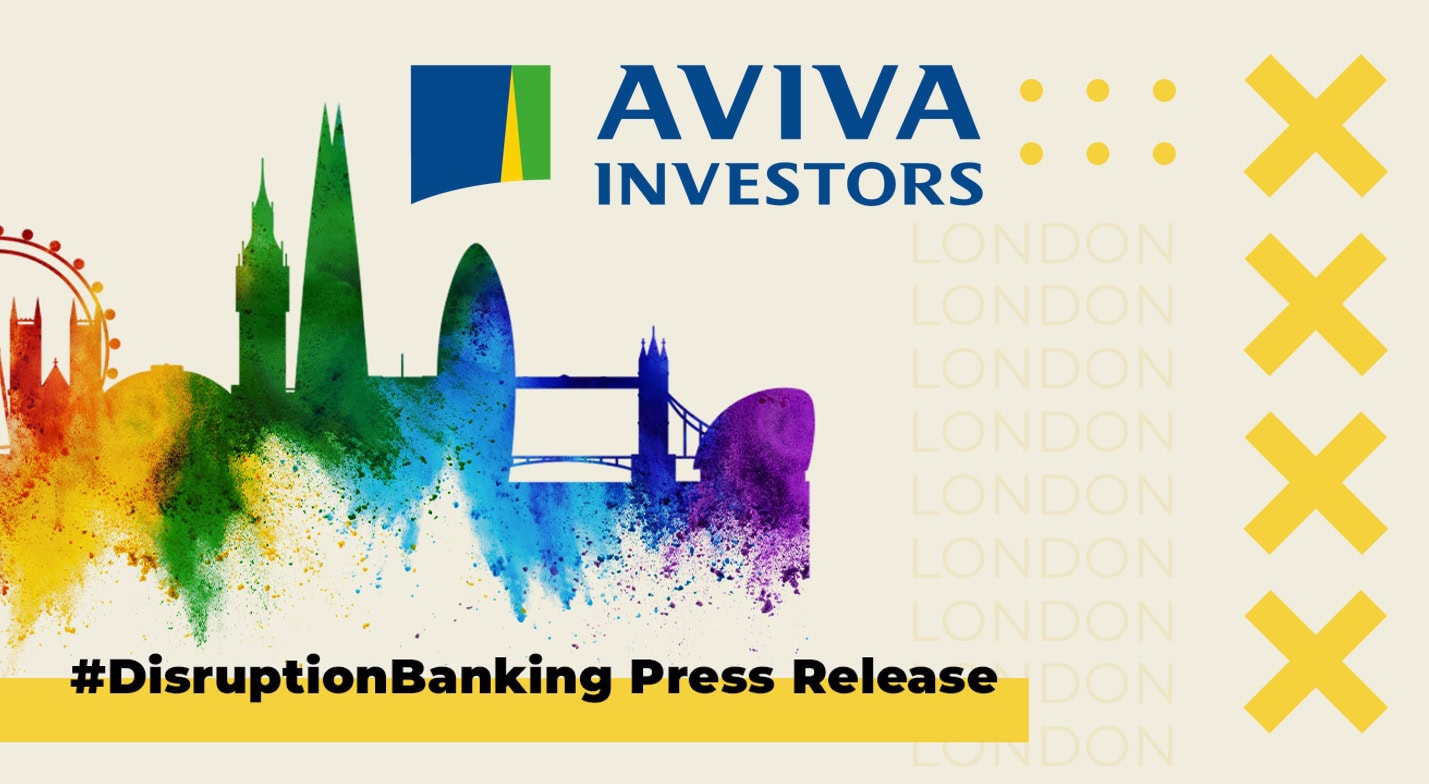Banks are unlikely to connect directly to blockchain networks without appropriate intermediary infrastructure
In the crypto community, XRP has long been seen as the ‘bank’s coin’, compared to Bitcoin, which is anti-establishment. In recent years, Ripple has chosen to work with existing systems rather than trying to overthrow them, earning XRP both support and criticism within the crypto space. Crypto believers view working with banks as going against the original crypto ideals, but from a business perspective, the approach makes sense.
RippleNet, built on top of the XRP Ledger (XRPL), serves as a ‘SWIFT for the blockchain world,’ allowing banks to conduct cross-border transactions in just a few seconds at a fraction of the traditional cost. This has proven particularly attractive to banks at a time when fintech is threatening their traditional business models.
Osama Bari, CTO of D24 Fintech Group, said, “Ripple saw a market gap that others overlooked; banks and financial institutions do not want to be replaced. Instead, they want tools that help them work better, faster, and cheaper.
“The growing adoption of Ripple’s network by major financial institutions highlights the effectiveness of Ripple’s approach. For instance, American Express has teamed up with RippleNet and Santander to streamline cross-border payments for businesses.”
Bank of America is exploring blockchain to improve interbank transactions, while central banks such as the Royal Monetary Authority of Bhutan and the Saudi Central Bank have tested Ripple’s technology. This widespread acceptance shows that Ripple’s ‘connective tissue’ strategy is being accepted by the traditional financial sector. Ripple has also received recognition from the World Economic Forum (WEF) as a leading blockchain innovator in cross-border payments.
Bari continued, “Despite Ripple’s long-running legal battle with the SEC, it continues to attract attention from financial institutions worldwide, showing that the benefits of its technology are compelling enough that many organisations are willing to accept some risk to become early adopters.
“Ripple is not trying to be a ‘traditional crypto’ that aims to destroy the old system, but instead to act as a bridge between the old and new financial worlds. This might be a more successful long-term strategy as sustainable financial change happens gradually, not through knee-jerk moves and total disruption.
“Down the line, Ripple’s next challenge is not just about technology but also building trust with major financial players, convincing them they can step into the blockchain world safely and profitably. If Ripple succeeds, XRP could become one of the most practically utilised digital assets globally, not just for speculation but for solving real financial problems,” concluded Bari.
About D24 Fintech Group
D24 Fintech Group, through its affiliates, focuses on developing and managing innovative technological solutions for the evolving digital and fintech landscape.
By leveraging innovation and emerging technologies, D24 Fintech Group engineers integrated solutions designed to enhance transactional security, streamline digital payments, and improve operational efficiency. With a global perspective and a customer-first approach, D24 Fintech Group aims to redefine industry standards and drive innovation into fintech ecosystems. D24 Fintech Group’s digital solutions include developing advanced technological platforms and management tools, providing support through incubation services, and more.
Through its affiliates who operate in over 100 countries, D24 Fintech Group specializes in engineering and developing modern technological solutions to create a cohesive, interconnected ecosystem for digital finance.
See Also:
Ripple Acquires Prime Broker Hidden Road for $1.25 Billion | Disruption Banking
Is the End of the Ripple-SEC Lawsuit a Turning Point for Crypto Regulation? | Disruption Banking
Disclaimer:
This communication is for informational and educational purposes only and is not financial, investment, legal, or tax advice. D24 Fintech Group does not guarantee the accuracy or reliability of the information, including third-party content, if any, and is not liable for any losses or damages from its use. Cryptocurrency trading involves significant risks, including total loss of investment due to volatility, cybersecurity threats, and regulatory changes. Users should conduct their research, consult professionals, and ensure compliance with local laws before trading.
















